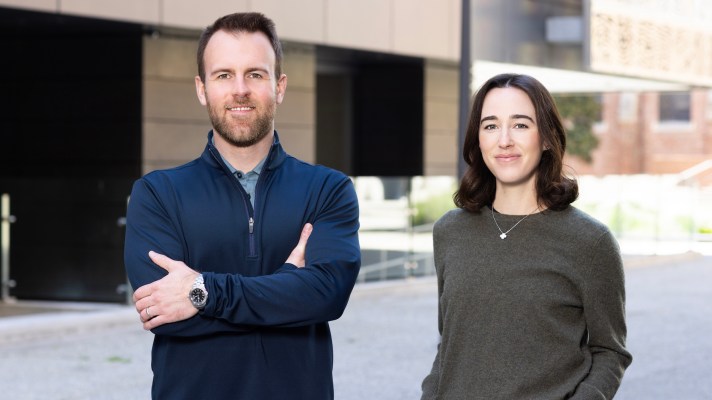Most of us strive to be healthier these days, and Selva Ventures wants to make sure there are a lot of startups helping us get there.
The Los Angeles-based venture capital firm, founded in 2019 by Kiva Dickinson, closed on $34 million in capital commitments for its second fund that will invest in consumer brands that promote healthier living in the areas of health, wellness, beauty and personal care. It’s among an increasing number of venture firms, like The Family Fund and Founder Community and Camino Partners, that have emerged in the past year to focus on consumer brands.
Dickinson, the managing partner, started out in investment banking covering a mix of consumer and private equity firms and then spent time in San Francisco at TPG Capital investing in consumer retail, internet and digital media.
“Back when I didn’t know how to cook yet, I came to find that just stopping by Whole Foods on my way home, there were these amazing brands that were making healthier living easier and more fun, and we weren’t investing in them,” Dickinson told TechCrunch.
That inspired him to join CircleUp in 2017, which had just launched its first fund, CircleUp Growth Partners. While there, he helped build up the portfolio to 16 companies, including leading Series B investments in Nutpods and Liquid I.V. Wanting to invest at an earlier stage, Dickinson left CircleUp in 2018.
Selva Ventures invests in companies at the seed and Series A stages and assists with resources across finance, operations and retail partnerships. Its first fund was a $10 million vehicle that went into 14 companies, including coffee alternative MUD\WTR, pet supplements brand Native Pet, functional chocolate brand Mid-Day Squares and sexual wellness company Cake.
“In the world of seed and Series A, there really was not a go-to investor providing those later-stage resources at the earlier stage,” Dickinson said. “It was something that in technology you see often to get these companies off and running fast, but not in consumer brands yet. I have seen what every step of the way looks like, from venture to growth to buyout investing.”
He went on to explain that he and principal Madeline Kaplan, who joined the firm last year, have seen the resources that other firms provide and what kind of outcomes are most meaningful to founders along the way. As such, they have structured their offering to provide those resources and insights to founders early in their journey so those companies don’t outgrow Selva Ventures in the same way that they might outgrow small family offices and angel investors.
The second fund is backed by entities including Unilever Ventures, PagsGroup and Obelysk. From it, Dickinson and Kaplan aim to invest in around 15 companies and will be writing checks that are $1 million to $2 million.
They have made three investments from the new fund so far in startups, including longevity skincare line OneSkin and luxury haircare brand Crown Affair. In addition, over 50% of the firm’s portfolio companies, to date, have female or minority founders.
When raising the fund, Dickinson noted “it was definitely challenging,” and when they spoke to potential limited partners, there was a higher degree of diligence than when they raised the first fund.
However, despite it being a tougher environment to raise capital, he said that a few things supported Selva Ventures’ thesis, among them being that consumer companies are typically more capital efficient, and hit cash flow positive much earlier than technology companies do. In addition, consumer startup valuations didn’t balloon between 2019 and 2022 in the same way that it did for technology companies, and therefore, were not underwater.
“This meant that there was not the same need for a deep and severe reset, so the companies in our portfolio were generally healthier,” Dickinson said. “Plus, it was propelled behind this mega trend of consumers living healthier lives. Our investor pool believes that this is not a place that is going to be susceptible to the same recessionary or capital shortage dynamics that are playing out in other parts of the world.”
